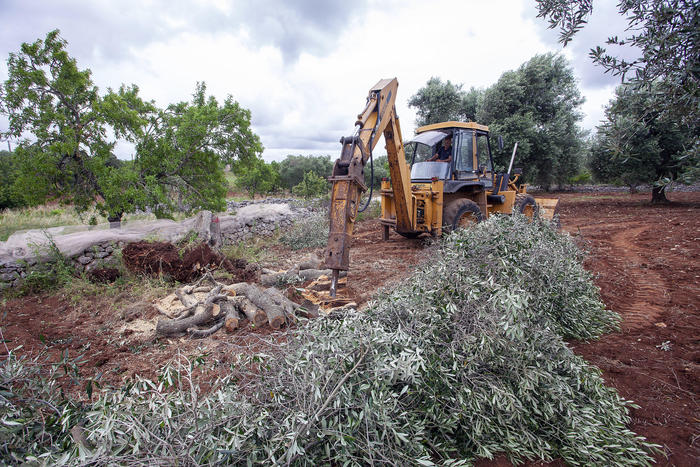Faced with the Covid-19 epidemic, 31% of local communities did not have any anticipation tool to deal with containment, according to a survey conducted by the Randstad group with Villes de France, the Assembly of Communities of France (AdCF) and the ANDRH of the territories, published Monday.
Only 40% of local authorities had an up-to-date backup plan, before the first confinement, and 31% of a business continuity plan, 22% of a reserve of 60-day masks and 8% of '' a framework adapted to the extension of teleworking.
And 31% did not have any of these elements, according to the survey, carried out online between July 17 and September 7.
As part of prevention policies, municipalities exposed to a proven risk (natural or industrial) must have a municipal safeguard plan.
The business continuity plan is a simple recommendation, just like the incentive to have a strategic reserve of masks, since the viral episode of H1N1 of 2009-2010.
“With the implementation of the first confinement, communities had to adapt urgently to maintain public services such as childcare for caregivers, public security management, the mobility offer and even care for the elderly.
They were not ready for such a crisis but found solutions and resources in cooperation, ”explains Aline Crépin, director of social innovation and public affairs for the Randstad France group.
While nearly a third of local executives (31%) consider that collaboration with State services has been “fluid”, the same proportion (31%) were not satisfied with it and 33% were. considered "perfectible".
50% of communities had difficulty in applying telework
While 39% of territorial agents were forced to switch to telework with confinement, one in two communities (50%) encountered difficulties in its implementation.
These were first material.
For three quarters of them, it is the computer park that was lacking.
They were also managerial.
A third of those who have encountered difficulties (36%) believe that telework has weighed on the cohesion of the teams and the same proportion (35%) that the managerial link has weakened.
While only 1.2% of territorial agents were involved in teleworking before the crisis, 55% of the panel questioned plans to make it sustainable.
This is the case for less than a third of municipalities with less than 5,000 inhabitants (31%) against almost all departmental and regional councils (95%).
The survey was administered online by the Gazette des Communes between July 17 and September 7, 2020 with community officials (elected officials, general management positions and deputies, human resources departments, general secretaries and town hall secretaries. ).
656 responses were used (277 small municipalities, 220 medium-sized municipalities, 19 large municipalities, 119 EPCI - public establishments for inter-municipal cooperation, 21 departmental and regional councils).
SEE ALSO -
Gabriel Attal underlines "a gradual improvement in the situation" linked to Covid-19









